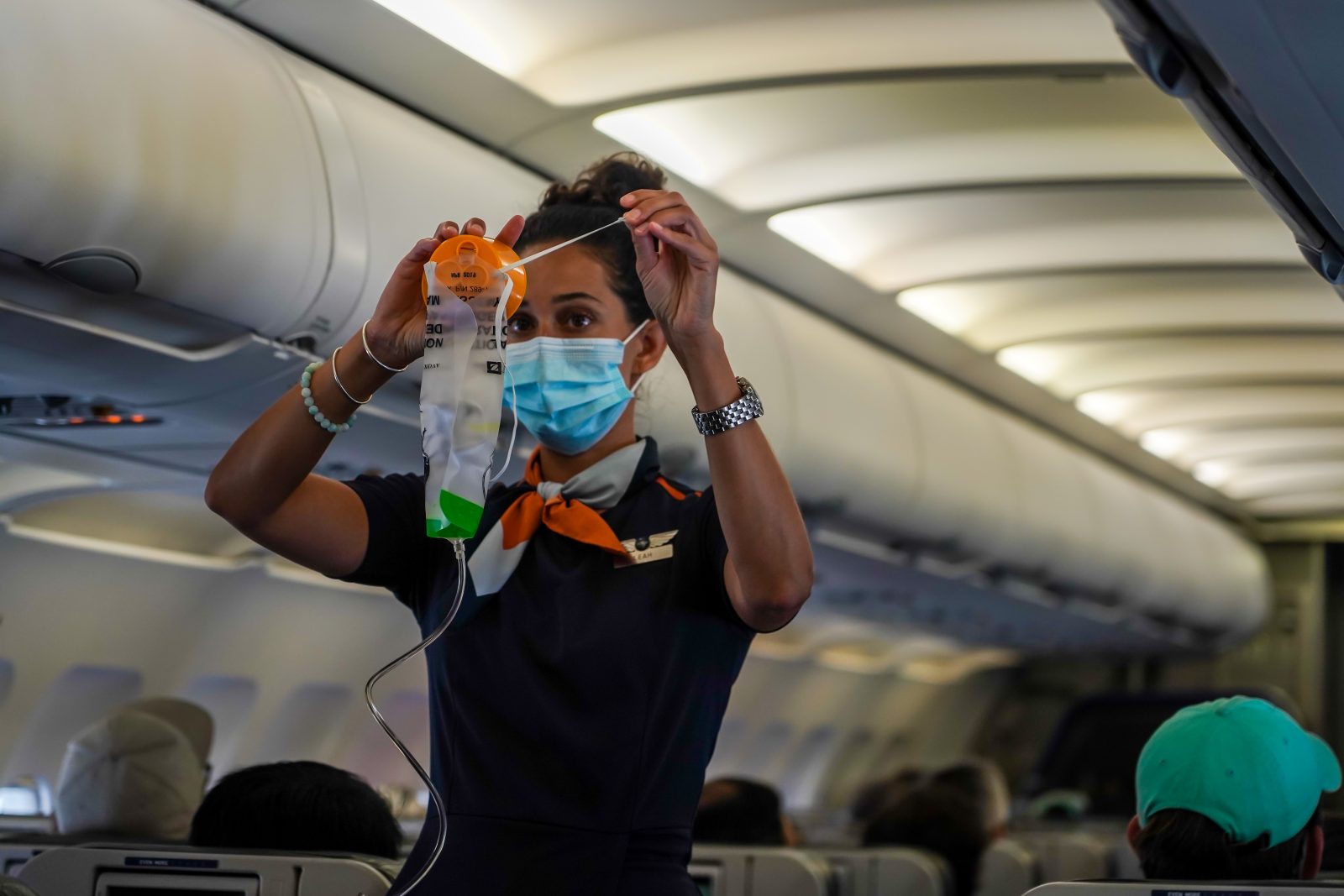
Airlines are scrambling to hire enough staff to meet a surge in travel demand but continued cancellations and tales of travel misery are evidence that many carrier’s are struggling with staff sickness, absenteeism and higher than expected levels of employee turnover that are upending schedules and forcing airlines to rethink their ambitious plans for what they hope is a summer of recovery.
On the face of it, the current staff shortages have been pretty easy to explain: Soaring COVID-19 infection rates have taken their toll on many industries and hoards of staff have been forced into isolation for a week or more at a time. Staff sickness is felt more acutely in the airline industry because planes simply can’t fly without pilots and a minimum number of cabin crew.
At the same time, the industry has struggled to hire back staff quick enough because of security vetting processes that, understandably, take time. After all, travel restrictions left airlines and other companies throughout the aviation industry with no other choice but to slash staff numbers in order to save desperately needed cash to weather the pandemic. It will take time to now bolster those workforces with new hire reinforcements.
But who would want to work in the aviation industry at the moment? It’s not just glacially slow security vetting that is preventing the industry from hiring enough workers quick enough. Prospective employees are left wondering why they would want to work in an industry that is so badly affected by the pandemic and willing to shed workers.
The pandemic, as we are frequently reminded, is not over and a new variant could bring about a new slew of restrictions at a moment’s notice.
In the past two years, displaced workers have found themselves new jobs, often ones that not only pay better but give them a better work/life balance. Why would these workers want to now go back to an insecure job on relatively poor wages working weekends, holidays, special events and at all times of day and night?
The ‘glamour’ of flying might lure some back but anyone thinking of joining or perhaps rejoining an airline is likely to seek the opinion of current workers who have worked throughout the pandemic. If they do, they are unlikely to get a rave review. There is little glamour in flying right now.
Disruptive passengers, packed schedules, frequent delays and pay that is quickly falling behind the cost of living are what many in the aviation industry are facing nowadays.
Tales of stress and exhaustion are already commonplace. The current state of affairs is only getting worse as travel demand rebounds.
Private internet message boards for several major airlines in Europe and the United States tell the same tale. Workers on both sides of the Atlantic are tired and stressed and are often left with no other option but to go sick in order to physically and emotionally recover. For some, recovery doesn’t come. Instead, they simply quit.
Airlines are only now starting to realise that the current environment is having a detrimental effect on existing staffers. Last week, JetBlue admitted its schedule “was wound too tight” following employee feedback. The airline is now trimming back its schedule after weeks of disruption and is offering staff a $500 bonus if they go call out sick through to the end of May.
The incentive is a tacit acknowledgement that not all flight attendants are calling sick because they’ve been struck down with COVID or some other infectious disease that should keep them well away from colleagues and passengers. Some are just tired or fed up and want to take an extra day or week off.
Other airlines are also acknowledging that their own staff are “fed up”. Those were the exact words of British Airways boss Sean Doyle in an internal memo to staff several weeks ago after disruption upon disruption has heaped misery upon front line staff who are taking the brunt of customer frustration.
British Airways, like many other airlines, is hiring as fast as it can. BA is offering a £1,000 sign-on bonus for certain in-demand roles but carriers are finding it hard to retain existing staff.
A revolving door is starting to emerge which may trigger disruption throughout the summer.
Mateusz Maszczynski honed his skills as an international flight attendant at the most prominent airline in the Middle East and has been flying ever since... most recently for a well known European airline. Matt is passionate about the aviation industry and has become an expert in passenger experience and human-centric stories. Always keeping an ear close to the ground, Matt's industry insights, analysis and news coverage is frequently relied upon by some of the biggest names in journalism.








Some valid points but from my understanding are that crews time out and can only work so many hours by regulation. That would seem to keep them from any more exhaustion than in pre-covid times, shouldn’t it? I assume most of this is from having to wear a mask all day at work. I remember early on in the pandemic when the public was sent into lockdown at home. We had been told that in theory airplanes are very safe and should be allowed to keep flying regardless of the pandemic. Today the pandemic has moved to the endemic stage but the only place I’m still required to wear a mask is on a plane that was supposed to be so very safe. It really doesn’t make sense.
Throwing 3 year olds and autistic children off of airplanes is hard work!……remember, they’re “only there for your safety”. After the last two years, care to guess how much sympathy I have for flight attendants?….Thats right, ZERO.